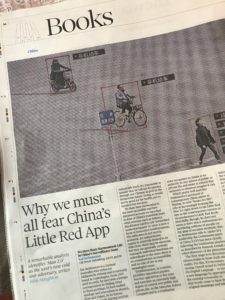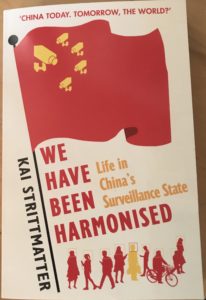The New York Times’s scoop on the treatment of China’s Uyghur population is an eye-opener, even to those of us who suspected the worst.
The students booked their tickets home at the end of the semester, hoping for a relaxing break after exams and a summer of happy reunions with family in China’s far west.
Instead, they would soon be told that their parents were gone, relatives had vanished and neighbors were missing — all of them locked up in an expanding network of detention camps built to hold Muslim ethnic minorities.
The authorities in the Xinjiang region worried the situation was a powder keg. And so they prepared.
The leadership distributed a classified directive advising local officials to corner returning students as soon as they arrived and keep them quiet. It included a chillingly bureaucratic guide for how to handle their anguished questions, beginning with the most obvious: Where is my family?
Samples:
”They’re in a training school set up by the government”. If pressed, officials were to explain that the parents were not criminals, but were nevertheless not free to leave the “schools”.
The question-and-answer script also included a barely-concealed threat: students were to be told that their behaviour could either shorten or extend the detention of their relatives. “I am sure that you will support them, because this is for their own good”, officials were advised to say, “and also for your own good”.
Lots more in that vein.
So why are Western countries still treating China as a proper member of the international community? (The answer is that one has to play nice with a superpower, I guess.) And what will it take to change things? Answer: probably only a brutal Tienanmen-style suppression of the protests in Hong Kong would have that effect.
On the other hand, it’s not that long ago that the UK had a system of interning people without trial in Northern Ireland. But at least it had the excuse of a genuine emergency. As far as one can see, the Uighurs don’t pose any threat to the Chinese state.


